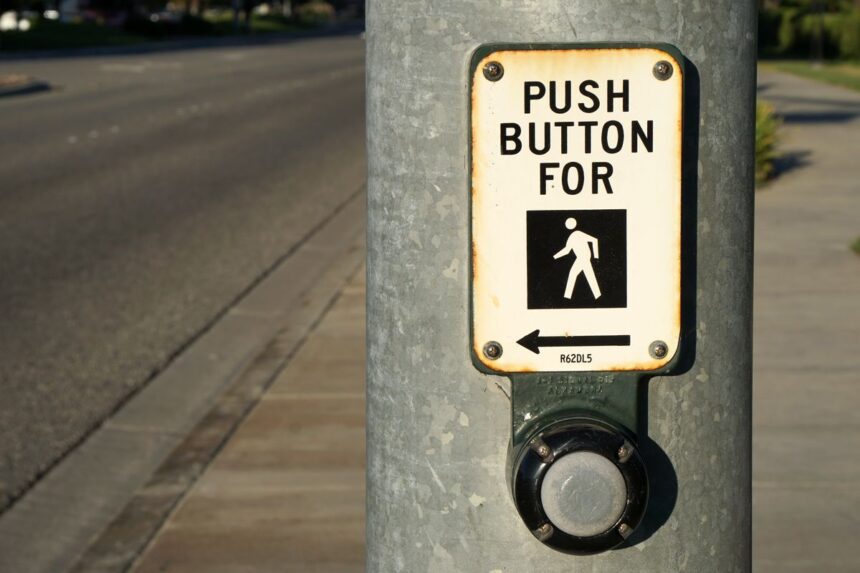In the city of Windhoek, jaywalking has become a serious concern. Whether it is the rushed commuter running across the road to catch the next taxi or the relaxed pedestrian taking a shortcut, jaywalking has become a normalised behaviour. This normalisation poses significant risks to both pedestrians and motorists, making pedestrian safety a critical concern.
Jaywalking refers to when a pedestrian crosses the road where there is no designated crossing, such as at traffic lights or pedestrian crossing. While it may seem harmless, jaywalking can have severe consequences. One primary concern is the safety of pedestrians. Crossing roads at undesignated areas increases the likelihood of crashes, especially in high-traffic areas such as on the Western Bypass or on alternative routes such as Eneas Peter Nanyemba Road, Independence Avenue and Hosea Kutako Drive to mention but a few. Jaywalking is particularly dangerous because pedestrians often misjudge the speed and distance of oncoming vehicles, leading to serious crashes.
Statistics from January 2024 to date show 93 pedestrian crashes, resulting in 82 injuries and five fatalities. Of these, 22 individuals were seriously injured, and 55 suffered slight to moderate injuries. In light of these figures, the Windhoek City Police continues to caution pedestrians, particularly school-going children, against walking on the roadways. Parents and guardians are urged to monitor and discourage such behavior. Additionally, pedestrians are advised to wear reflective attire for increased visibility.
A common reason pedestrians give for jaywalking is that they do not want to dirty their shoes. This mentality is particularly concerning among students. Putting one’s life at risk for the sake of appearance is dangerous and unacceptable. Many crashes result from distracted walking, where pedestrians use headsets ,and fail to pay attention to vehicles when crossing the road. This behavior makes it difficult for drivers to anticipate pedestrians’ movements, increasing the risk of accidents.
According to Regulation 351 (2) of the Road Traffic and Transport Regulations of 2001, it is an offence for a pedestrian not to keep as near as possible to the left-hand side when walking on any footpath. Sub-regulation (3) states that pedestrians must ensure the roadway is clear of traffic before crossing. Failure to do so can lead to catastrophic consequences, and the law empowers officers to issue fines of up to N$150 for such transgressions.
Road safety is a shared responsibility between pedestrians and motorists. Motorists also bear responsibility for pedestrian safety. While we urge parents to educate their children on the importance of road safety, at the same time, teachers should champion pedestrian safety by teaching learners about the dangers of walking on the roadways, and emphasising the use of sidewalks as designated for pedestrians. Education starts at home.
For more information, the Windhoek City Police Service can be reached at 061 302302, or a short SMS can be sent to 4444.



